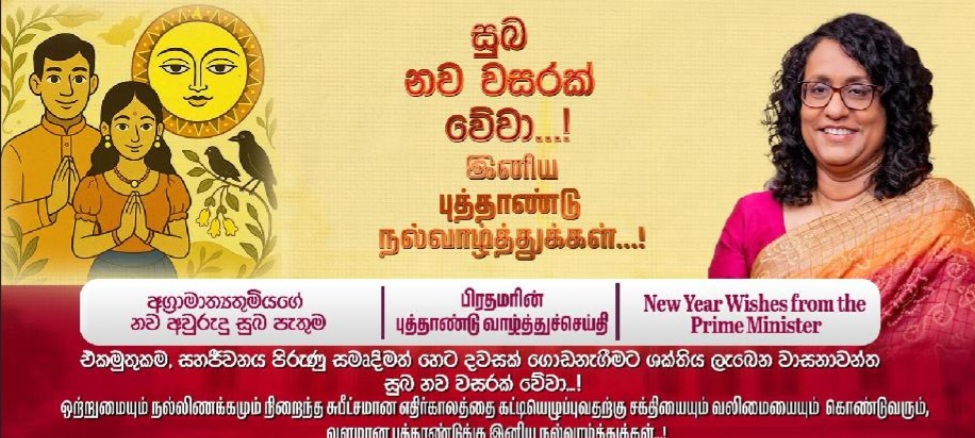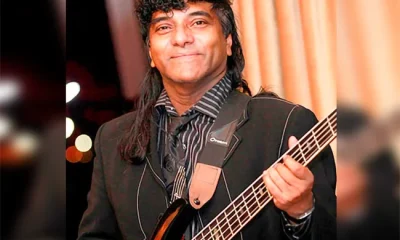by Suresh Perera
In a scenario akin to a “comedy of errors”, heart surgeons continue to receive transfers to the cardiology unit of the Kurunegala Teaching Hospital notwithstanding the fact that no cardiac surgical procedures were performed in this key government medical facility for the past six years due to lack of specialized medical equipment.
Even the two operating theatres in the five-storied cardiology complex are no longer in use. While one of them has been abandoned, the other has been taken over to house the Intensive Care Unit (ICU), medical officials said.
Though there’s a cardiology unit, the medical services doesn’t extend beyond an angiogram to diagnose patients and recommend follow-up treatment or surgical procedures, where necessary. However, despite the limitations, cardiac surgeons continue to be transferred to this premier hospital in the North Western Province, they said.
The building housing the cardiology unit was built with funds raised by philanthropists in 2016. However, since its inception, no heart operations were performed as the vital modern infrastructure was not in place in the two operating theatres, they pointed out.
It is true that initially there was a difficulty in finding sufficient heart surgeons to serve in provincial hospitals. Even now there are only about 25 senior cardiac surgeons in Sri Lanka, the officials said.
However, among the heart surgeons later transferred to this cardiology unit were those who had completed their two-year training overseas. But, as there was no functional operating theatre, many had subsequently asked that they be moved out as there was no work, while some others had opted to assist their colleagues in other major government hospitals performing cardiac surgical procedures, they noted.
A cardiac surgeon, who asked not be identified, said after his transfer to the Kurunegala Teaching Hospital, he chose to inform the Health Ministry and stay back to help a colleague perform heart operations rather than twiddle his thumbs in a medical facility sans even the basic medical equipment.
“I can perform heart surgeries, but not miracles”, he laughed.
“There should be lung machines, ventilators and other medical equipment in a fully-fledged operating theatre to do the job we are expected to do to save lives”, he said.
This is a ridiculous situation as, in a country where moves were underway to procure luxury vehicles for billions of rupees, allocating Rs. 300 million to give a new lease of life to critically ill patients doesn’t seem important, he remarked.
On the A9 Colombo-Jaffna highway, the Kurunegala Teaching Hospital is the only government medical facility with a cardiology unit. However, despite the heavy inflow of patients, no cardiac surgical procedures are done there, he continued.
Patients diagnosed with heart conditions by cardiologists in the Kurunegala Teaching Hospital are advised to undergo surgery have to travel to either the Kandy General Hospital or Colombo National Hospitals, where there is a long ‘waiting list’ in any case. Most of these patients are poor people living in far-flung villages and cannot even raise the bus fare to Colombo or Kandy, let alone meet other costs involved, medical officials pointed out.
“Through my experience in many hospitals, I am aware of countless instances where we found patients dead when their turn was up for surgery in the long ‘waiting list’. We could have saved many lives if the heart operations were performed at Kurunegala without over-burdening the Colombo and Kandy hospitals”, he said.
In today’s context, cardiac conditions are common even among the 35-50 age group. Unlike earlier, it’s no longer largely restricted to those between 60 and 70 years, he stressed.
Medical officials said that years ago quotations were called to refurbish the two operating theatres, but despite a successful bid, there was no headway as the matter was dropped, he said.
He further said that the Association of Cardiothoracic and Thoracic Surgeons of Sri Lanka has also repeatedly urged the Health Ministry to refurbish the operating theatre and have the required medical equipment in place to perform heart operations.
“It is sad to see poor heart patients dying as the Colombo and Kandy hospitals are under tremendous pressure with numbers from Kurunegala also adding to the heavy volume of patients awaiting surgery”, the cardiac surgeon commented.
A senior health official in the region said that the development of the Kurunegala Teaching Hospital under a master plan to improve government health facilities in the province is now on the drawing board.
The development initiative was also discussed at a recent meeting with Prime Minister Mahinda Rajapaksa, who contested the last parliamentary election from the Kurunegala district.
He conceded that heart surgeons were being routinely transferred to Kurunegala hospital’s cardiology unit though surgical procedures were not happening due to lack of facilities.
“As this is a matter of critical importance, we need to work on an intermediate plan to get on with heart operations early as we are not only placing lives at risk, but also adding to the burden of the Colombo and Kandy hospitals”, he explained.
Take for example, patients with Community-acquired pneumonia (CAP), a leading cause of morbidity and mortality, which can trigger acute cardiac events. As they risk rupturing of blood vessels, surgery should be performed within the hospital or at a medical facility in the locality, he said.
“However, under the prevailing circumstances, we have ask patients to visit either the Colombo National Hospital or the Kandy General Hospital for surgery despite the big risk involved”, he pointed out.
With ‘wait listing’, they have to hang on for months for their turn to undergo surgery. That’s if they survive the ordeal, he added.































